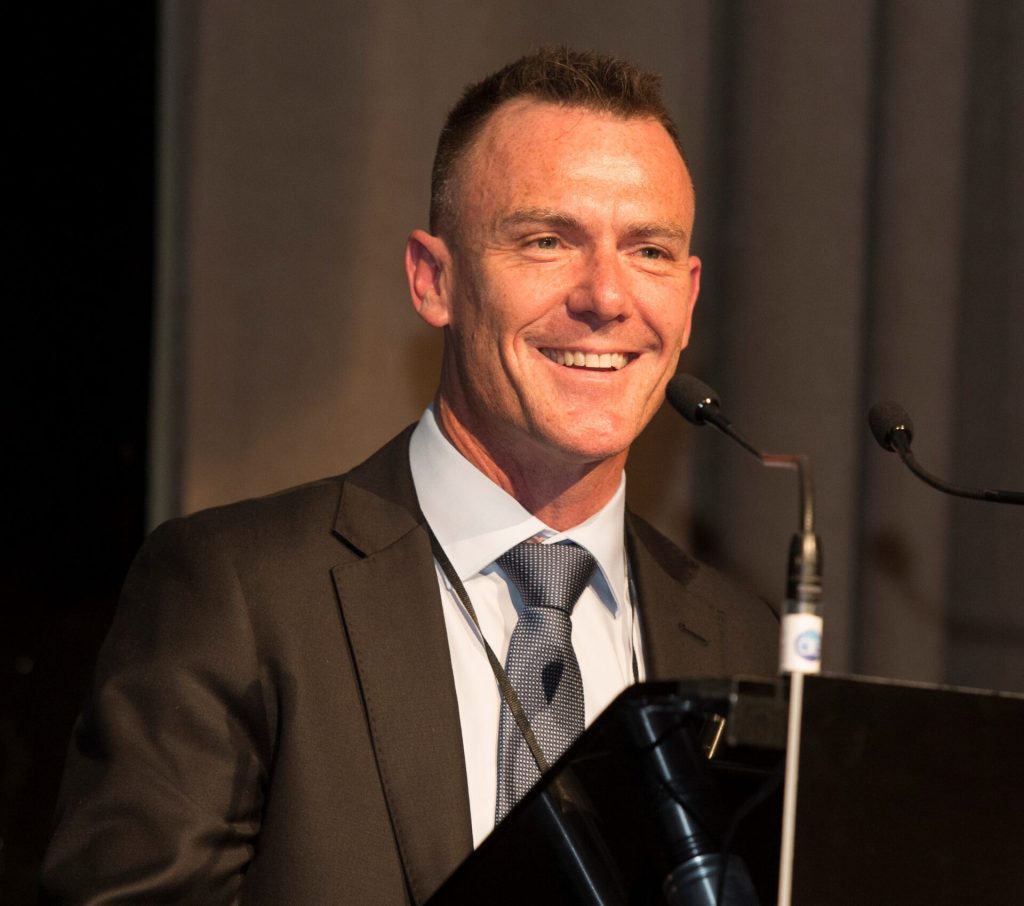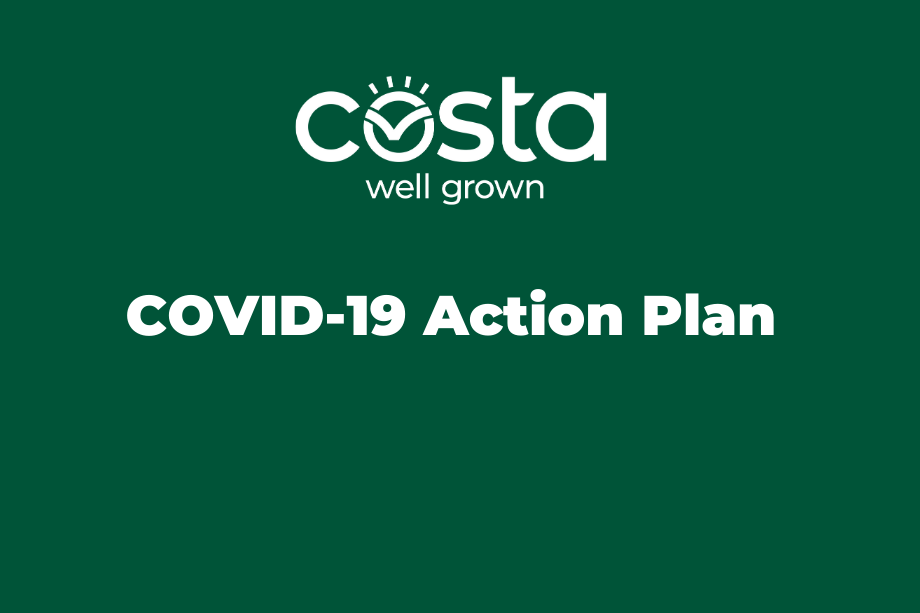Costa drives produce into new market

A new trial led by the Costa Farms and Logistics team will see Costa Fresh Produce Boxes, filled with apples and bananas, delivered to 60 Caltex-Ampol service stations across Victoria on a weekly basis. Joseph Borg, National Business Development Manager, Vertical Farming, said the trial launched this week was the result of an identified need to provide […]
Sean Hallahan appointed Costa CEO

Today the Costa board publicly announced the appointment of Sean Hallahan to the position of Costa Group CEO and Managing Director, to take effect from 31st March 2021. Announcing the appointment Costa Chairman, Neil Chatfield said: “Sean’s appointment is the culmination of a rigorous global executive recruitment search which included both internal and external candidates, […]
Berry harvest under way with Tassie workers

The harvest of Costa’s Tasmanian berry crop has commenced with a newly recruited Tasmanian workforce. “We are looking forward to the new season and to date we have employed 69 Tasmanians, with another 50 starting next week, from 405 local applications,” said Costa Tasmanian Regional Manager, Cameron Folder. The recruiting of Tasmanian workers has been […]
Stop the mushroom levy

Costa Group is conducting a ballot to abolish the compulsory mushroom spawn levy. Since 2014, when the mushroom levy was doubled, $18 million of growers’ money has been wasted on ineffective marketing and administration. This is the most of any fresh produce category, yet there has been little to no growth in household consumption of […]
Focus on Andrew Scheuer

The Coffs Coast Focus Magazine caught up with Andrew Scheuer, Horticultural Manager at Costa’s Berry Farm in Corindi on the Mid North Coast of New South Wales. Take a look at his story.
Mushroom training goes virtual

Costa and Melbourne Polytechnic are leading the way in the development of workplace training technology to provide an enhanced training experience for more Victorians. Mushroom harvesting is a skilled job that requires speed, agility, manual dexterity, and the ability to quickly identify when the produce is ready to be harvested and when it is not. […]
Pollination project aims to optimise crops

The Costa Berry Category is supporting a Horticultural Innovation Australia project to develop new technologies and practices to improve pollination in protected cropping environments. Costa is coordinating experimental trials in collaboration with the University of New England (UNE) and has created a new technical position, filled by Maria Manrique, to collect and report on trial […]
2019 Sustainability Report

Costa has released its 2019 Sustainability Report, covering all Costa operations in Australia, Morocco and China. In 2018, Costa established the Sustainable Commercial Farming Objectives and in 2019 steady progress was made in meetings these objectives. Costa is committed to making its operations sustainable so they can both withstand environmental risk, including unforeseen and extreme […]
Costa COVID-19 Action Plan

Costa has implemented a COVID-19 Action Plan to ensure that as a business we are doing everything we can to prevent the spread of coronavirus in our workforce and the general community. The health and safety of our employees and their families is our key priority and we have established COVID-19 Steering Committees to ensure […]
Uni students enjoying Tasmania harvest

Costa’s Tasmanian berry harvest is proving a boon for a group of university students who are using their summer break to earn money for their studies and gain valuable experience. Sarah McKay is going into her third year of a Bachelor of Agricultural Science at the University of Tasmania (UTAS) and is in her second […]